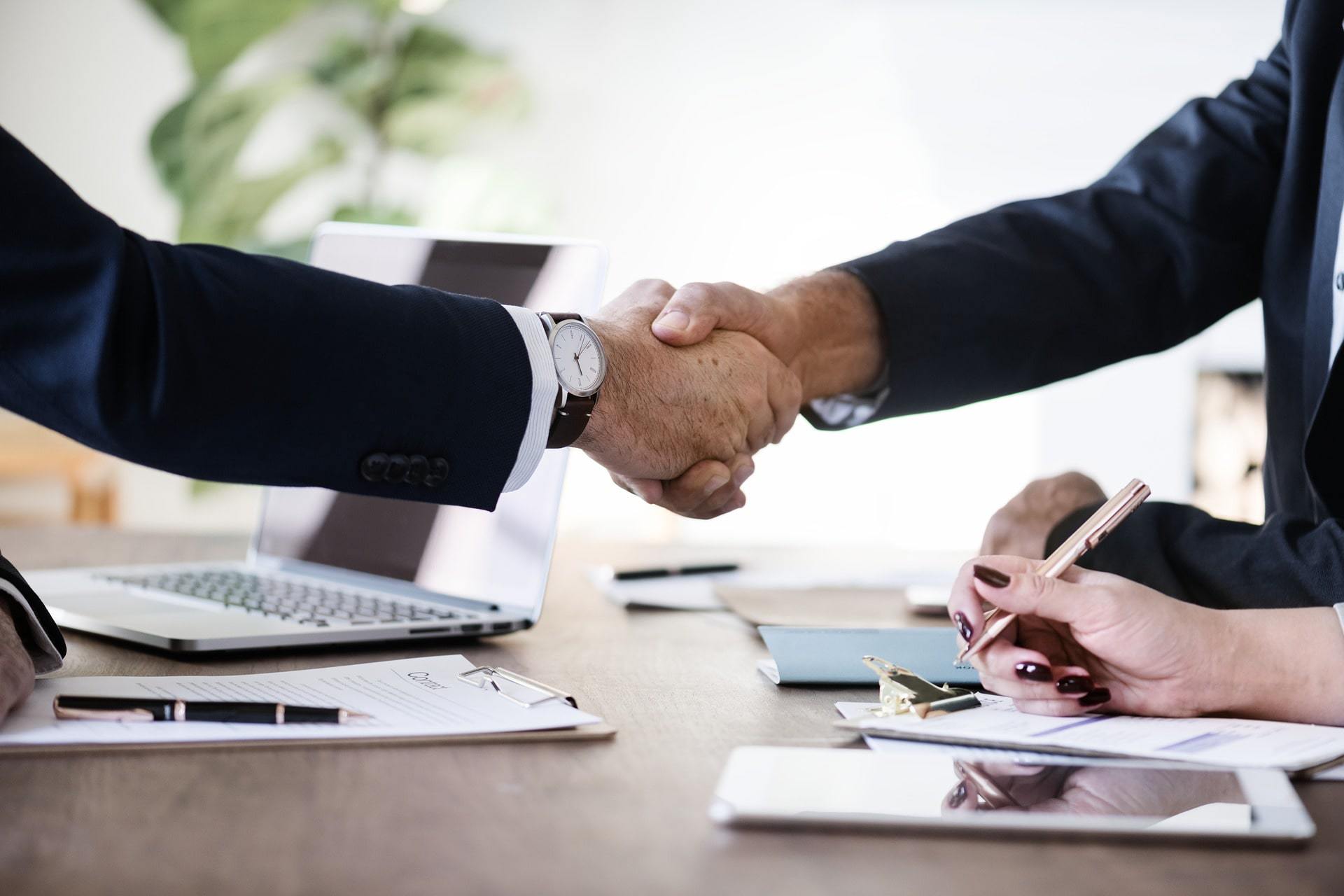Hello there! Do you know that conveyancing is necessary during the purchase of property? I will discuss how conveyancing works in purchasing property and your role in getting a conveyance.
Clients need to understand this concept during property transactions. Buying or selling property is challenging.
It is legal to transfer the property title from the seller to the buyer or grant an encumbrance, including a mortgage or lien.
Also, it is the act or business of drafting and preparing legal materials that transfer an interest in real property. To understand this process, let us consider the meaning of conveyancing.
WHAT IS CONVEYANCING?
Conveyancing is a process by which a party transfer property to another. It is property law. Conveyancing services are used in transactions when home buyers and the person selling property transfer ownership of land properties, buildings, or homes.
Furthermore, using an instrument of conveyancing in property law, the legal document includes a contract, lease, title, or deed.

These documents set out the agreed day of actual purchase and date of actual transfer, as well as the responsibilities and obligations of both parties.
In addition, it includes any assignment, appointment, lease, or settlement process. And also other assurances made by deed on sale, mortgage, demise, or property settlement.
It is expedient to understand conveyancing as it represents a legal transfer of properties between two entities. So, when two entities engage in a property transaction, they transfer ownership through conveyancing.
For instance, a seller legally signs the right title to the buyer. Therefore, they have practiced conveyancing with the help of a licensed conveyancer.
The conveyancing process ensures that the buyer is aware of any property restrictions before forging ahead. It also assures the buyer of a clean title on the property.
However, some home buyers purchase title insurance to prevent occurrences of fraud during the title transfer process.
HOW CONVEYANCING WORKS
After understanding what conveyancing services means, knowing how it works and the stages or processes involved is essential. Yes! Let’s talk about deep things involve in buying or selling property.
Below are the conveyancing processes and how they work in other to understand the whole process when transacting on your next purchase or sale of a property. Honestly, you need to hire conveyancing experts.
Before Contract
The contract can only start only after a sale agreement. After which, the seller’s conveyancing agent designs the contract pack, including a contract for sale and title deeds. Also, the buyer’s paralegal must screen through the pack and ask questions for clarity.
He also researches local authority issues, water and drainage, other environmental considerations, and the local area.

However, this unveils any future problems for the buyer in owning or selling property. When buying the mortgage, the conveyancing agent will also act for the lender. It ensures the property is good security for the lender’s loan and agrees with the legal conditions.
After completing the investigation, the buyer is satisfied with the report. Then, the paralegal will arrange for their clients to sign the necessary documents. And also place them in funds for the exchange of contracts.
In cases where the purchase of one is dependent on another, buying an existing property is a chain—the more links in the chain, the more problem in one of the links. For instance, if the buyer at the bottom of the chain delays obtaining a mortgage offer.
Or if the conveyancer’s investigation shows a defect that needs rectifying. There will be a delay in the whole chain reaching the exchange of contracts before proceeding. It often frustrates everyone else in the chain.
Usually, the last point to be agreed upon must be when completion occurs. So, starting this dialogue with your conveyancing experts reasonably early is wise. It is to enable them to contact all parties in the chain.
Also, persuade them to agree to completion, which is convenient to all parties in the chain.
The pre-contract stage usually represents about 80% of the legal work. So also, 80% of the time, from agreement to actual completion.

The Exchange of Contracts
At this point, the buyer and seller become legally bound to buy or sell the property. Also, until this stage, there is no binding agreement. It implies that any party can withdraw without paying the other any compensation.
Therefore, once both entities in the chain are ready for exchange contracts and have agreed on a completion date, the paralegal will enforce the agreements by following a strict legal formula. It ensures that all parties become bound to buy or sell and complete their transactions that day.
As a result, the buyer must deposit (10%) to the seller’s paralegal as security for the contract. It occurs in case the buyer fails to proceed with the transaction; he forfeits the deposit to the seller.
For this reason, the buyer’s paralegal must have all their “ducks in a row” before exchanging contracts. Hence, the buyer is happy with what he’s buying and has funded the purchase on the contractual completion date.
Before completion
The buyer and with paralegal send the mortgage funds in time for completion. He also arranges for all the final documents and financial matters to be resolved for completion to occur smoothly.
Buyers and sellers should make arrangements for moving and packing up in readiness for completion.
The Completion Day
It is the day of the exchange of property ownership. At this point, the buyer signs all the documents about the exchange of ownership. Once completion has occurred, the conveyancing agents will release the keys to the new owner.
After Completion
As buyers settle into their new property, the paralegal still has some work to do. The seller’s paralegal ensures the seller’s mortgage payment is in full and there’s a change on the title documents.
The buyer’s paralegal deals with the settlement process of Stamp Duty land Tax to HM Revenue and Customs. Also, he registers the buyer’s title at HM Land Registry.
CONCLUSION
In conclusion, the conveyancing process is more straightforward with the help of good conveyancing personnel.
It also prevents buyers or sellers from engaging in fraudulent transactions. Also, you have understood conveyancing, how it works, the process, and the stage included. Therefore, it should help in purchasing your next property. Conveyancing is not a complicated process. Although it may require additional fees.
Related: 5 Essential facts you must know about conveyancing sydney


